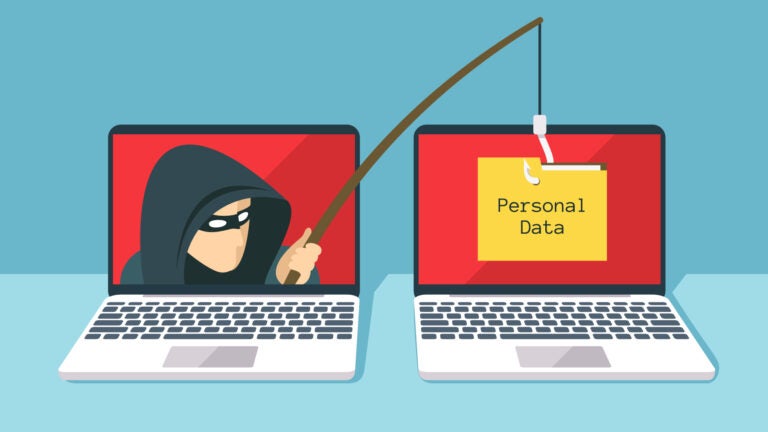
Are you a savvy social media user? Someone may be tracking your data or trying to influence your online behavior.(Illustration/iStock)
5 ways to stay safe on social media
USC researchers weigh in on the biggest social media dangers — and how to avoid them
For most of us, social media have become a part of our regular routine. But in a world of password theft, catfishing and revenge porn, how can people avoid the perils that come along with their lives online? What steps can we take to be sure we’re staying safe on social media? The answers from USC experts may surprise you.
1. Review your privacy settings.
“A lot of users are not technically knowledgeable enough to understand all the privacy settings,” said Jelena Mirkovic, research faculty at USC. Facebook has recently been stepping up its efforts to inform users about their rights and responsibilities, especially after the Cambridge Analytica scandal. Mirkovic said another threat comes from leaving posts public.
Ask yourself: Will I be proud of this post five years down the road when I go to look for a job?
Jelena Mirkovic
“You have to review your settings so only friends can see your posts and when you comment on others’ posts,” she added. “Be more diligent about what you post. Ask yourself: Will I be proud of this post five years down the road when I go to look for a job?”
2. Beware of location-tracking services.
Karen North, director of USC’s Digital Social Media Program, said her kids were using an app called Mappen, which allowed them to tag each other and find friends when they were out in the neighborhood. It may sound innocuous, but North cautions about using these apps.
“You have to go in and change the settings on your iPhone about cataloging frequent locations because your phone follows you everywhere you go.” Smartphone settings can collect data on you over time.
“If your phone gets hacked, someone would know your pattern of behavior: When you go running, and you’re alone, when you’re out of the house,” she said. “To me, that’s a really scary thing.”
3. Staying safe on social media: Leave the fun quizzes alone.
It may seem like a great idea to find out what Harry Potter character you are or fill in a survey about what song was playing at your high school prom, but quizzes are a way companies collect information about to you in order to make money.
Many, if not most, apps — including casual games — make money by collecting and selling data about you.
Karen North
“Many, if not most, apps — including casual games — make money by collecting and selling data about you,” North said. It may be your age, location or more intimate knowledge — and users should be aware and make a conscious choice about whether to engage.
“Whatever you answer online, assume it’s collecting data and either selling or aggregating that information.”
4. Double-check sources of news.
With people sharing news articles on social media, it feels easier to trust the information — especially if you trust the friend who is sharing. “That’s where the danger lies,” Mirkovic said. “We get too much info to double-check each piece, but each piece you read has an impact on your option.”
She suggests being prudent about reading news from social media: “If it’s fun news, read it. However, it if is serious news, check the source of the information — where did it come from?”
5. Think before you engage.
The power of software today means that tech companies — including Twitter, Facebook and Google — track everything you do. “Every time you click and read something, software can scrape key words you use, get topics and thoughts and feelings on things — and also what you’re most and least engaged in,” North said.
That information is used in a few ways. One is to curate your online experience, so you see the things in which you’re most interested. But the same type of data retrieval is used to sell advertisers access to you.
“We should all know that the more we engage with people and issues on social media, the more information is available about us and can be used to target us,” North said.



